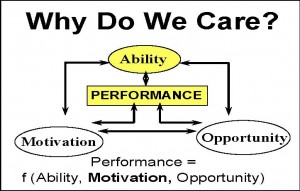The intellectual performance of teenagers can upgrade or decline on a wider scope than previously thought according to a study.
Intelligence Quotient (IQ), a measurement of individual’s intellectual capacity which is assumed to stagnate during life.
In 2004 and 2008, the study involved 23 teenagers undergoing a combination of verbal and non-verbal IQ tests and brain scans.
The findings manifest that a change in verbal IQ was found in 39 percent of the teenagers, with 21 percent showing a change in ‘performance IQ’, a test of spatial reasoning.
The results have greater acceptability because for the first time the variations in IQ has something to do with changes in two specific areas of the teenager’s brains.
However, tests conducted on teenagers between ages of 14 to 18, have found improvements and deterioration.
They have suggestions for how children in school are assessed, and the age at which decisions about their futures are made.
The paper suggests that the results could be an encouragement to those whose intellectual potential has room for improvement but a warning for achievers who may not be able to maintain their potential.
The study was led by Professor Cathy Price of the Wellcome Trust Center for Neuroimaging at University College London and is published in the journal Nature.
Teenage brains and IQ can change overtime, according to Price. The research did not seek to elaborate the causes of the changes.
An good explanation could be that there are teenagers who are ‘early’ and ‘late’ bloomers or developers while relative standard education may play a portion of it too.

